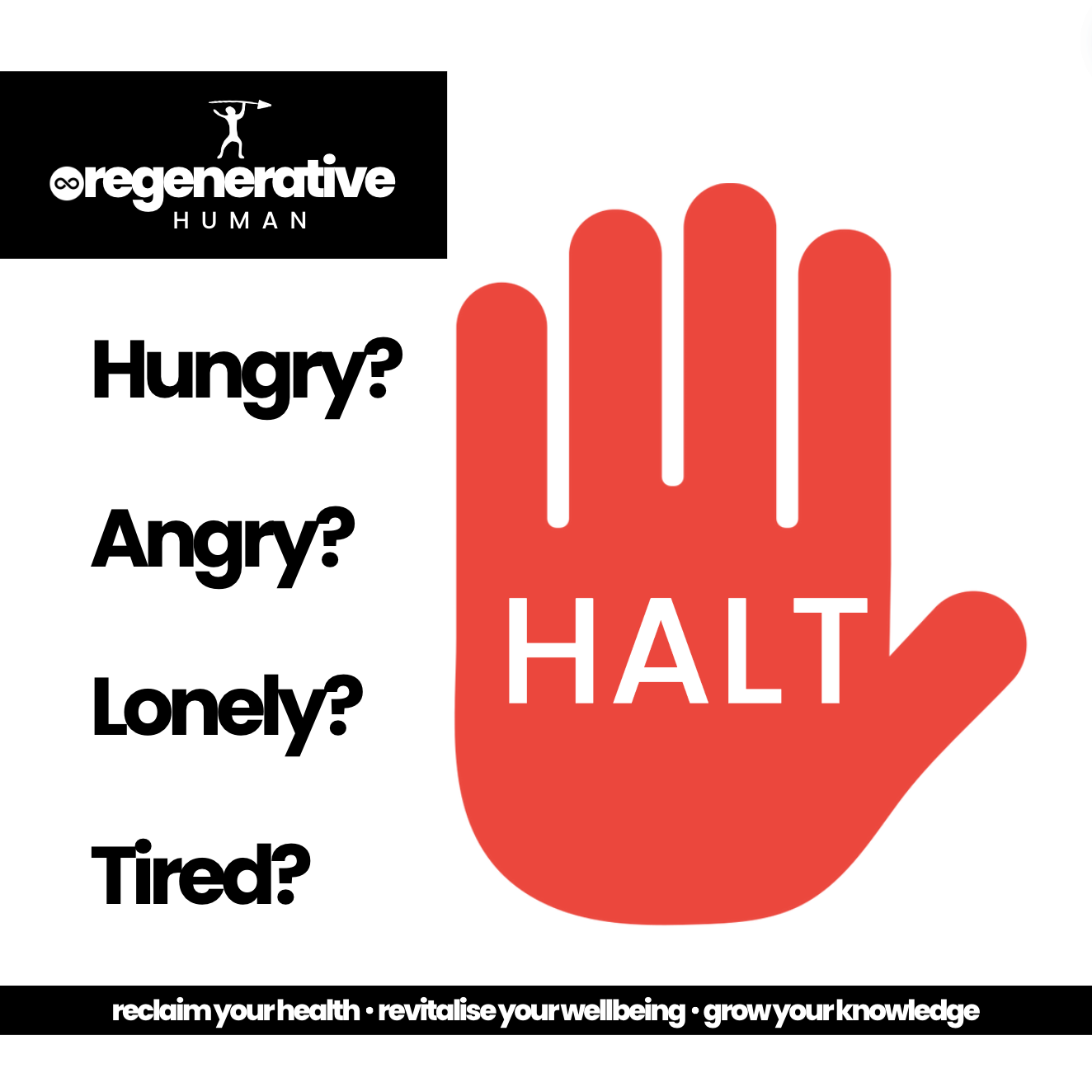“Sugar is eight times more addictive than cocaine. And what’s interesting is that while cocaine and heroin activate only one spot for pleasure in the brain, sugar lights up the brain like a pinball machine”
Dr Mark Hyman
Having just finished a course on addictive eating we were shown slides of PET scans whereby you could see exactly that.
Sugar actually chemically changes your brain and impacts the prefrontal cortex, the part of the brain that makes decisions. The first bite you take is your decision, after that sugar is in control. We stop eating for the purpose of nutrition supply and switch over to endorphin release and emotional happiness.
Like quitting any drug, quitting sugar is not at all easy as we have to eat and we are surrounded by temptations everywhere we go and an addictive mind can play tricks on you, it will tell you things like you can’t do it, you can’t give up pizza, you can start again tomorrow, just a little will be ok …sound familiar?
When quitting the sugar and junk foods you need to expect to feel uncomfortable, know that it will happen and know that it will pass. But what can we do to get us through this really difficult phase?
Removing the trigger foods and removing ourselves from situations that cause the emotional responses is one way but that’s not always so easy to do so try taking a pause and ask yourself:
Why do I want to eat this?
How will this make me feel?
Am I just bored, hungry, angry, lonely, tired…
The three Ds technique can also be really useful, practice the following:
DELAY – delay the decision for 25mins, the craving will pass and your brain will become engaged with something else in the meantime.
DISTRACT – do something that will occupy your thoughts and grab your attention that will give you satisfaction once done.
DECIDE – after the set time, decide whether or not to binge. Remind yourself of all the advantages and disadvantages, the reasons why you want to stop, your goals. Will it nourish you or will it punish you? How do you want to feel at the end of the day? How do you want to sleep? How do you want to feel in the morning?
Our minds like the security of habit and familiarity but know that snacking is ALWAYS an emotional response to how we are thinking or feeling. Habits are just thoughts and behaviour, change your thoughts and you can change your behaviour which in turn, changes the outcome.





